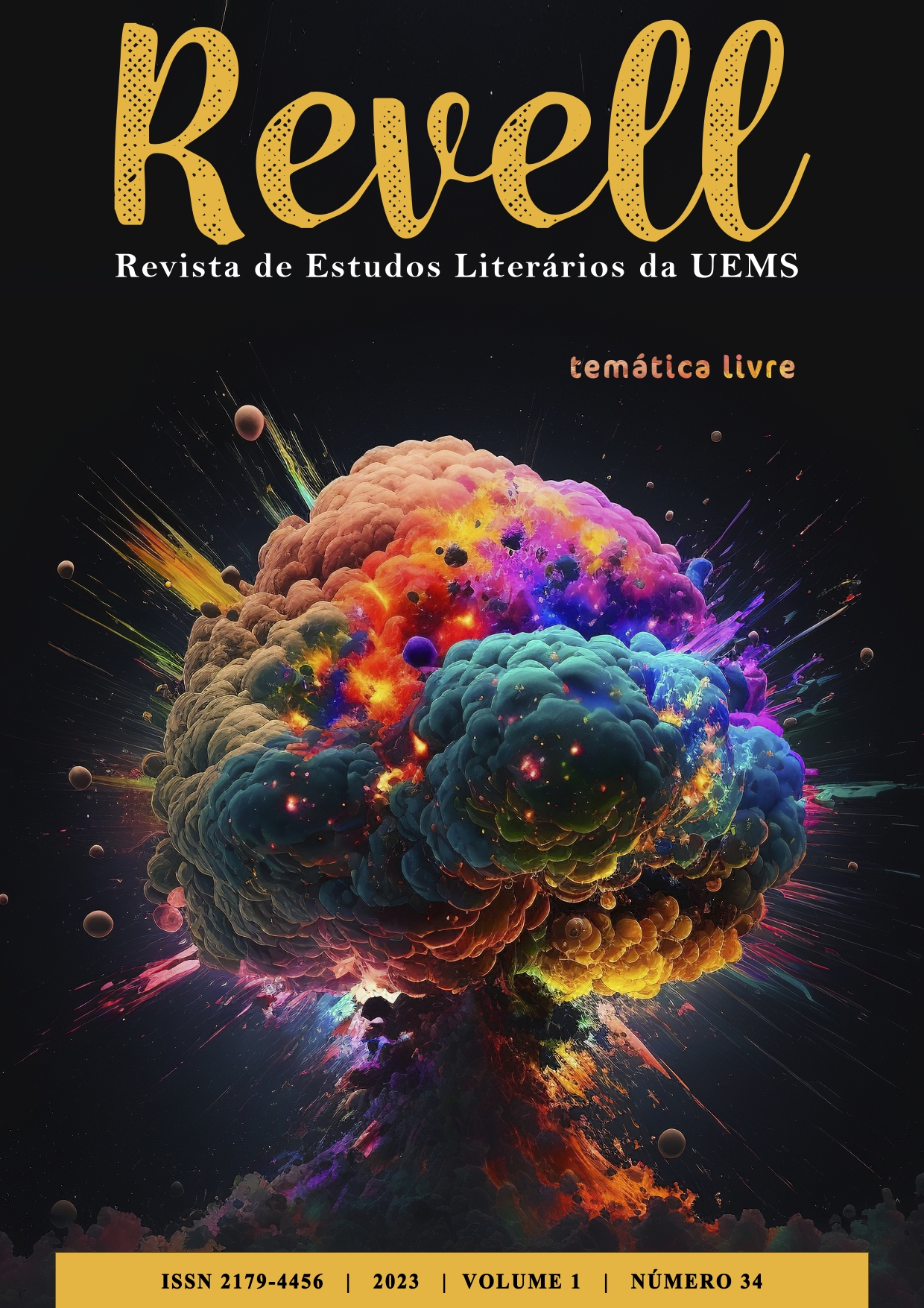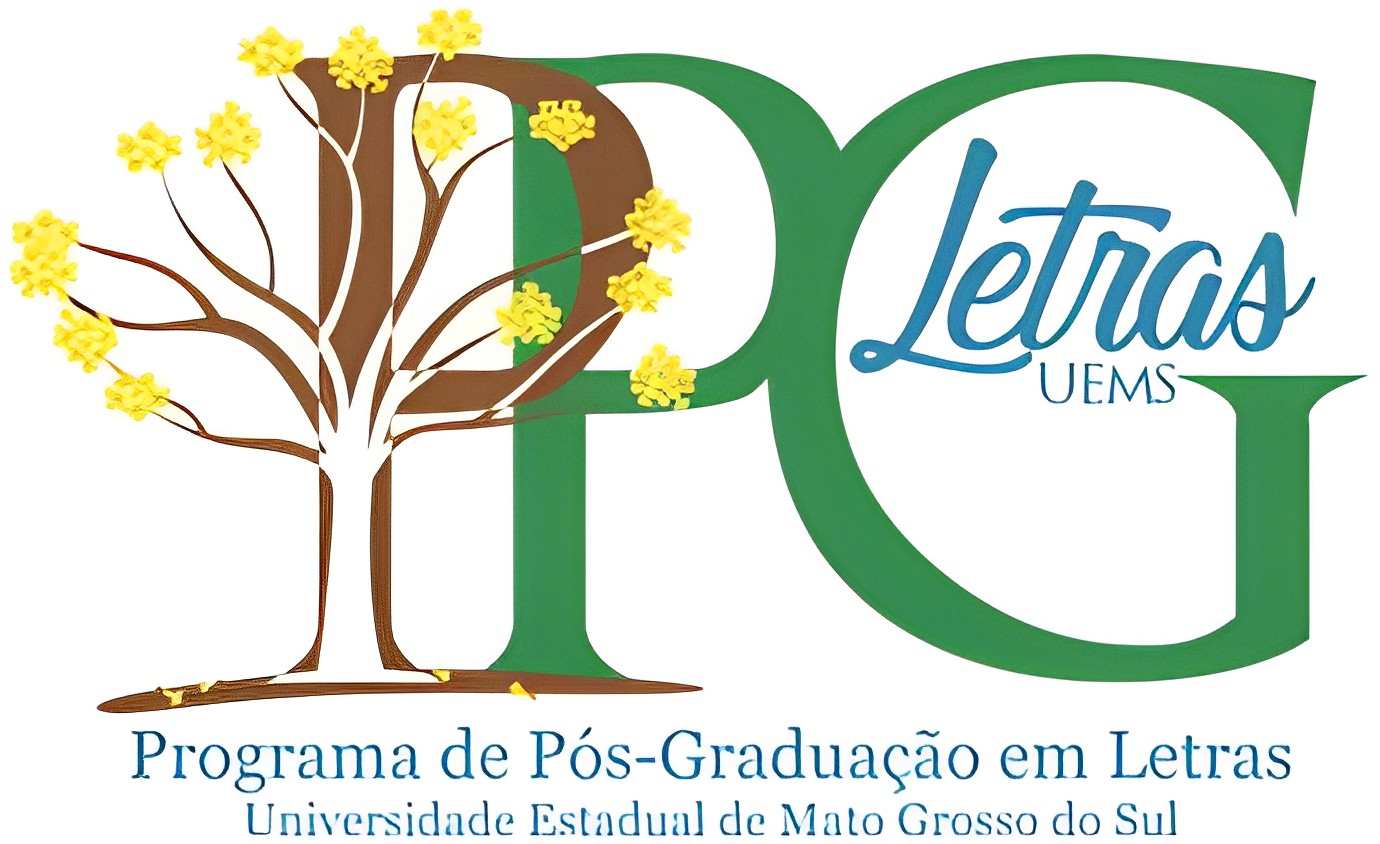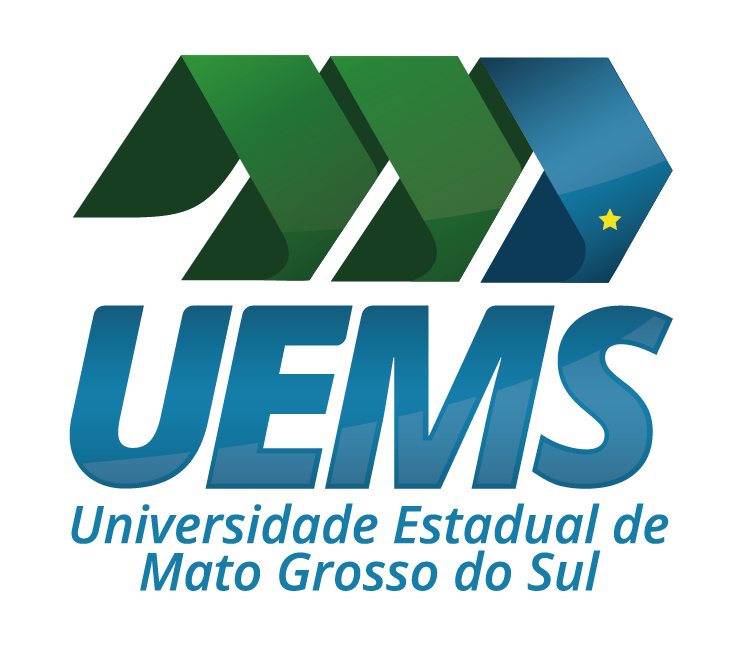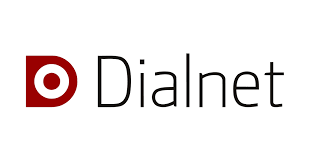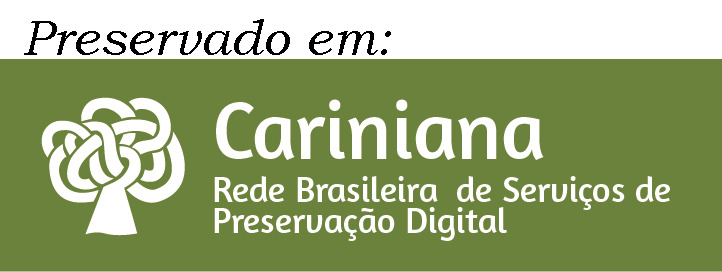Performing and expanding online communities:
thinking about an antiracist education in slam activities during the pandemic
DOI:
https://doi.org/10.61389/revell.v1i34.7143Keywords:
poetry slam, pandemic, antiracist education, social medias, feminist poetryAbstract
Slam das Minas RJ is a Brazilian poetry group which emerges in the public space, on the streets, and in the occupation of the city, promoting a way of public imagination from where it is possible to be read, interpreted and comprehended. During the pandemic years of 2020 and 2021, the group migrated from the streets to the cyberspace. Therefore, we can assume that the globalized communication through internet allowed the continuity of artistic groups, acting in social media during these years. In this essay, I present a debate on antiracist education, in which I evidence the important trajectory the Slam das Minas RJ has been treading by means of emerging black history reports. Most of the time, these stories were kept erased. In order to enrich this analysis, I also reflect on social media as an activism space, stepping into the studies of poetries published on the collective's Instagram account. These videos are related to discussions on protests encouraged by the politically pressured moment of George Floyd's death in the USA, the booming of the Black Lives Matter movement in Brasil, and debates about the necessity of protesting on the streets during the pandemic. To sum up, I present a reflection about the use of social media as a storage space to the work of Slam das Minas RJ.
References
ALZANDÚA, Gloria. Falando em línguas: Uma carta para as mulheres escritoras do terceiro mundo. Estudos feministas, CFH/UFSC, v. 8, ed. 1, p. 229-236, 1 jan. 2000. Disponível em: https://periodicos.ufsc.br/index.php/ref/article/view/9880/9106. Acesso em: 25 jun. 2022.
CARNEIRO, Aparecida Sueli. A Construção do Outro como Não-Ser como fundamento do Ser. (Tese de doutorado) – Faculdade de Educação, Universidade de São Paulo. 339 p. 2005.
CASTELLS, Manuel. Redes de indignação e esperança: Movimentos sociais na era da internet. Rio de Janeiro: Zahar, 2013.
DIANGELO, Robin. 'A maioria das pessoas brancas não sabe dizer o que significa ser branco', diz autora de best-seller americano sobre racismo. [Entrevista concedida a] Renata Izaal. O Globo, Rio de Janeiro. 30 de jul. de 2020. Disponível em: https://oglobo.globo.com/celina/a-maioria-das-pessoas-brancas-nao-sabe-dizer-que-significa-ser-branco-diz-autora-de-best-seller-americano-sobre-racismo-1-24507700#newsletterLink. Acesso em: 25 de jul. de 2022.
EVARISTO, Conceição. In: Conceição Evaristo: “Nossa fala estilhaça a máscara do silêncio”. [Entrevista concedida a] Carta capital. 2017. Disponível em: https://www.cartacapital.com.br/sociedade/conceicao-evaristo-201cnossa-fala-estilhaca-a-mascara-do-silencio201d/. Acesso em 22 de jul. de 2022.
FUENTES, Marcela. Activismos tecnopolíticos: Constelaciones de performances. 1a ed. – Ciudad Autónoma de Buenos Aires: Eterna Cadencia, 2020. 272 p.
GONZALEZ, Lelia. O movimento negro na última década. In: Lugar de negro. Rio de Janeiro: Marco Zero, 1982.
KILOMBA, Grada. Descolonizando o conhecimento – uma palestra performance. Trad. Jessica Oliveira. 2016. Disponível em: https://www.academia.edu/23391789/
Tradução_para_o_Português_ de_DESCOLONIZANDO_O_CONHECIMENTO
_Uma_Palestra- Performance_de_Grada_Kilomba. Acesso em: 28 jul. 2022.
MBEMBE, Achille. Necropolítica. Arte & Ensaios. Revista do ppgav/eba/ufrj; n. 32. 2016.
SKIDMORE, T. Fato e mito: descobrindo um problema racial no Brasil. Cadernos de Pesquisa, São Paulo, n. 79, p. 5-16, nov. 1991.
Downloads
Published
How to Cite
Issue
Section
License
Copyright (c) 2023 REVELL - REVISTA DE ESTUDOS LITERÁRIOS DA UEMS

This work is licensed under a Creative Commons Attribution 4.0 International License.
DECLARAÇÃO DE ORIGINALIDADE E EXCLUSIVIDADE E CESSÃO DE DIREITOS AUTORAIS
Declaro que o presente artigo é original e não foi submetido à publicação em qualquer outro periódico nacional ou internacional, quer seja em parte ou na íntegra. Declaro, ainda, que após publicado pela REVELL, ele jamais será submetido a outro periódico. Também tenho ciência que a submissão dos originais à REVELL - Revista de Estudos Literários da UEMS implica transferência dos direitos autorais da publicação digital. A não observância desse compromisso submeterá o infrator a sanções e penas previstas na Lei de Proteção de Direitos Autorais (nº 9610, de 19/02/98).

